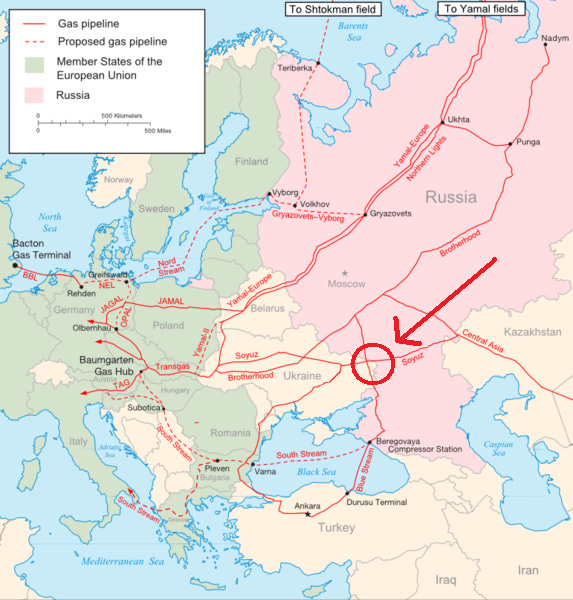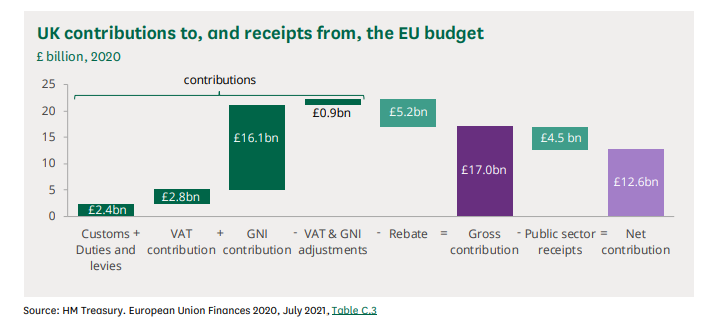…some more B&W pictures, this time with a few stanzas of poetry for each picture.
The world is too much with us; late and soon,
Getting and spending, we lay waste our powers:
Little we see in Nature that is ours;
We have given our hearts away, a sordid boon!
This Sea that bares her bosom to the moon;
The winds that will be howling at all hours,
And are up-gathered now like sleeping flowers;
For this, for everything, we are out of tune,
It moves us not.–Great God! I’d rather be
A Pagan suckled in a creed outworn;
So might I, standing on this pleasant lea,
Have glimpses that would make me less forlorn;
Have sight of Proteus rising from the sea;
Or hear old Triton blow his wreathèd horn.
And lately, by the Tavern Door agape,
Came stealing through the Dusk an Angel Shape
Bearing a Vessel on his Shoulder; and
He bid me taste of it; and ’twas—the Grape!
And much as Wine has play’d the Infidel
And robb’d me of my Robe of Honour—well,
I often wonder what the Vintners buy
One half so precious as the Goods they sell.
Fear no more the heat o’ the sun,
Nor the furious winter’s rages;
Thou thy worldly task hast done,
Home art gone, and ta’en thy wages;
Golden lads and girls all must,
As chimney-sweepers, come to dust.
Fear no more the frown o’ the great;
Thou art past the tyrant’s stroke:
Care no more to clothe and eat;
To thee the reed is as the oak:
The sceptre, learning, physic, must
All follow this, and come to dust.
Fear no more the lightning-flash,
Nor the all-dreaded thunder-stone;
Fear not slander, censure rash;
Thou hast finished joy and moan;
All lovers young, all lovers must
Consign to thee, and come to dust.
No exorciser harm thee!
Nor no witchcraft charm thee!
Ghost unlaid forbear thee!
Nothing ill come near thee!
Quiet consummation have;
And renownèd be thy grave!




